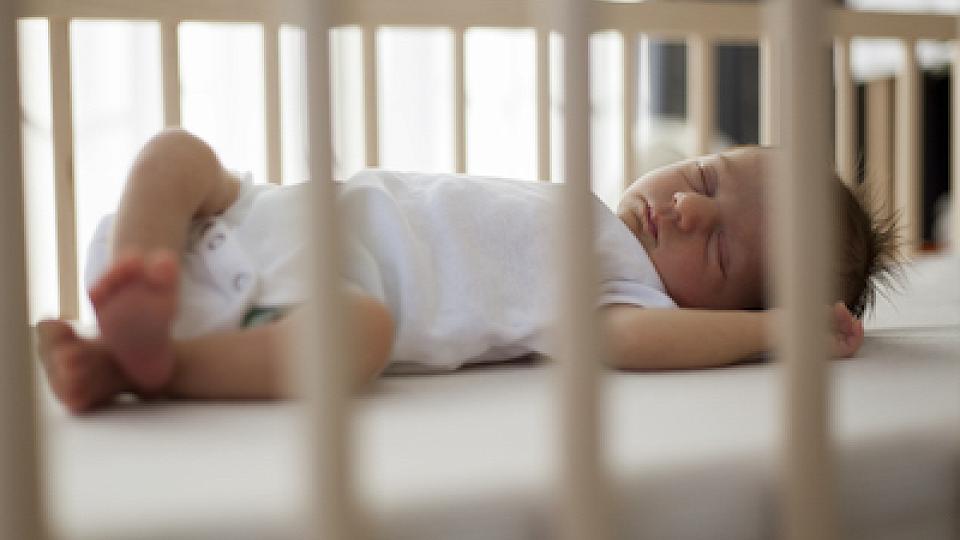
Dr. Gellner: A new baby brings a whole new set of concerns for parents, one being their baby's breathing. What's normal and what is not is what I'll talk about on today's Scope. I'm Dr. Cindy Gellner.
Announcer: Keep your kids healthy and happy. You are now entering the Healthy Kids Zone with Dr. Cindy Gellner on The Scope.
Dr. Gellner: Parents often come in with concerns that their baby has breathing problems. Sometimes it's just normal baby breathing. Sometimes it's something that even makes us as pediatricians worried. Babies do breathe faster than older kids and adults. In fact, newborns breathe about 40 to 60 times a minute and may only slow down to 30 to 40 breaths per minute when they're sleeping. One of the most common questions we get about breathing in newborns is that they will breathe really fast for a second and then seem to stop breathing for about 10 seconds before breathing normally again, so where they're sort of like [makes breathing sounds]. This is called periodic breathing, and it's normal till about six months old.
We don't get worried about these pauses with breathing. This is much different than apnea, which is where a baby doesn't breathe for 20 or more seconds and starts to turn blue. That's a real emergency.
Another question we get a lot is, when a baby is coughing or choking while eating and they can't seem to catch their breath. If your baby is an aggressive eater, meaning they want food and they want it now and they want it as fast as possible, then you've got an aggressive eater on your hands. Now if your baby is coughing or choking on feeds and this starts right away, like before you even leave the hospital with your newborn, that's something different. And that could cause concern for either the respiratory system or the digestive system with how they formed prior to birth, or with what your baby is eating, or true reflux.
If your baby has a cold virus, then we are extra concerned about their breathing. Their tiny airways can be compromised quickly. Your baby may have flaring nostrils, retracting, which is where you see that each time they take a breath they'll suck in at the ribs, below the breastbone or above the collarbone. If they have those, this means your baby is struggling to take each breath.
If your baby is grunting with each breath, then they're trying to keep air in their lungs to build up oxygen. Any of those things or any time a baby turns blue, that's a 911 call. That baby needs help immediately. Babies have a lot to figure out in their first few months: how to breathe with lungs they haven't used before they were born, remembering to breathe, how to eat and breathe at the same time. So if your baby has any signs of problems breathing, call your pediatrician, go to the emergency room, or call 911 right away.
Announcer: Want The Scope delivered straight to your inbox? Enter your email address at thescoperadio.com and click "Sign Me Up" for updates of our latest episodes. The Scope Radio is a production of University of Utah Health Sciences.
Why Is My Newborn Turning Yellow? What Parents Need to Know About Jaundice
Newborn jaundice is common, but not all cases are created equal. Learn why your baby's skin and eyes might be turning yellow, what it means for their health, and how you can help at home.
The Basics: Common Questions About Feeding Your Child
"What formula should I give my new baby?" "When should I start introducing other food groups?" Parents have a lot of questions about the basics of feeding their child. Pediatrician Cindy Gellner, MD, covers The Basics.
More Answers to Your Questions on Keeping Your Kid Healthy and Happy
Latest trends and issues in children's health on the Healthy Kids Zone with Dr. Cindy Gellner








